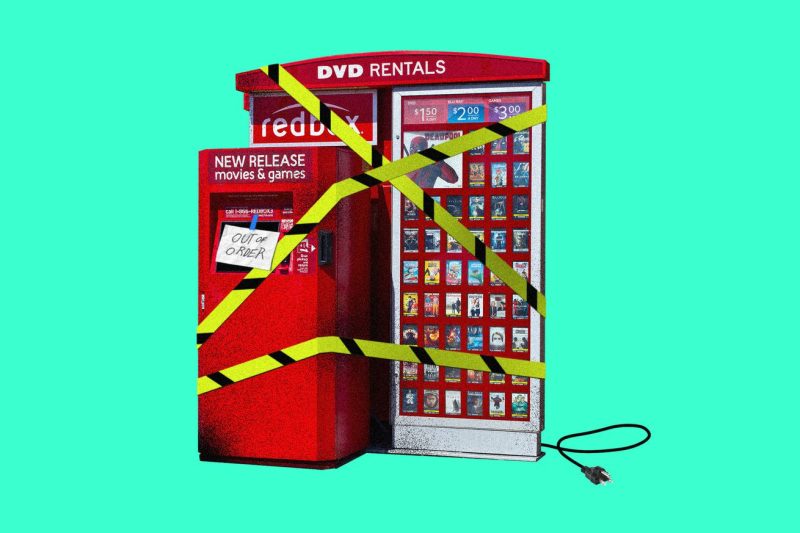Redbox has been a key player in the home entertainment industry for years, providing convenient and cost-effective rental services for movies and video games. However, recent trends indicate a decline in the company’s performance, leading to speculation about the reasons behind Redbox’s current struggles.
One significant factor contributing to Redbox’s challenges is the shift towards digital streaming platforms. With the rise of services like Netflix, Hulu, and Disney+, consumers increasingly prefer the convenience of streaming content directly to their devices over physically renting DVDs or Blu-rays. This changing consumer behavior has posed a significant threat to Redbox’s traditional business model, leading to a decline in rental transactions and revenue.
Moreover, the COVID-19 pandemic has exacerbated Redbox’s troubles, as lockdowns and social distancing measures have limited people’s access to physical kiosks. With many theaters closed and individuals hesitant to venture out, the demand for DVD and video game rentals has decreased significantly. This has put additional strain on Redbox’s operations, forcing the company to adapt to the evolving market landscape.
Furthermore, the lack of innovation and failure to diversify Redbox’s offerings have also contributed to its declining fortunes. While competitors have invested in original content and exclusive deals to attract subscribers, Redbox has mostly remained reliant on its traditional rental services. Without introducing new and attractive features, the company has struggled to retain its relevance in an increasingly competitive market.
Additionally, the growing popularity of video-on-demand (VOD) services has further marginalized Redbox’s position in the industry. VOD platforms allow users to rent or purchase movies digitally, offering a more convenient and instantaneous way to access content compared to physical rentals. As more consumers embrace VOD services, Redbox’s relevance continues to diminish, posing a significant challenge to its long-term sustainability.
In conclusion, the decline of Redbox can be attributed to a combination of factors, including the shift towards digital streaming, the impact of the COVID-19 pandemic, a lack of innovation, and the rise of VOD platforms. To survive in an increasingly digital-centric and competitive market, Redbox will need to adapt its business model, explore new revenue streams, and reposition itself as a relevant player in the evolving home entertainment landscape. Failure to do so could further jeopardize the company’s future prospects in the industry.




























